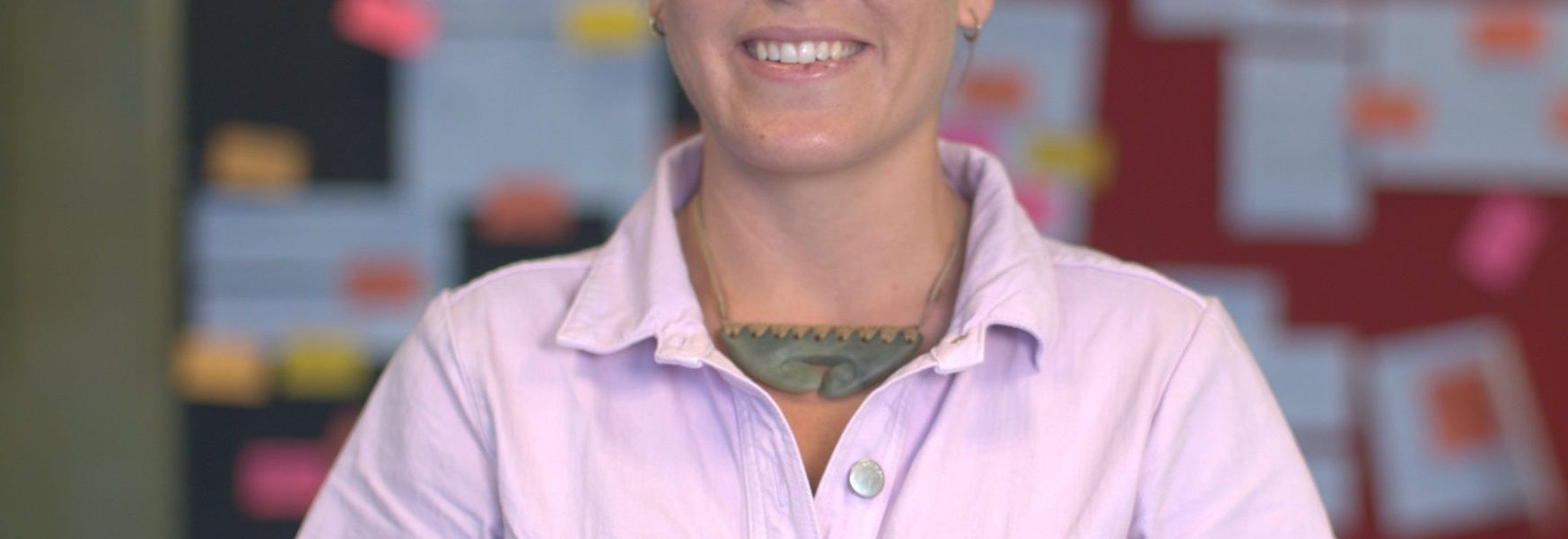Nā Alice Dimond
The world of work as we know it is rapidly changing. As the tech sector grows exponentially, the skills and qualifications we have traditionally relied on are not necessarily the ones we will need in the future. A career for life is fast becoming a thing of the past. While that could sound scary for our whānau Māori, with the change comes new opportunities – especially for Māori.
Research tells us skills are the currency of the future. Unlike technical skills that are mostly taught through formal qualifications, it is the interpersonal or human skills we gain through life and work experience that are increasingly in demand. It’s well evidenced that the traditional qualifications approach has always been an active barrier for Māori and has seen many shut out of opportunities. This new approach is a way to open doors, remove barriers and create possibilities. A focus on skills brings with it the chance to address the inequity issues that hold us back, and to view skill shortages differently.
We all have skills and the ability to learn new ones and apply them to new situations. The key is being aware of how to grow our skills for career development. A responsible employer will consider and value the full array of skills someone brings to a job, including the interpersonal skills they may have gained. This means that those without the necessary qualifications will not be disadvantaged as they likely have skills gained through previous work experience or are able to learn them as part of the new role.
Hora-Kairangi Nicholas is a great example. While working as a receptionist in Te Whare o Te Waipounamu building, the TahuFM programme director approached her to discuss becoming a radio personality. “She pretty much said you love to talk, you talk well, and you’re lovely, so I think you’d be a great person,” says Hora.
Despite not having radio experience or qualifications, it was Hora’s communication skills learnt in her reception role that captured the programme director’s attention.
As Māori, human skills are our superpower. Manaakitaka, thinking intergenerationally, working as a collective and creativity are all part of our whakapapa. As Kāi Tahu, we have always had the ability to adapt to change and pioneer new and better ways of thinking. Shifting the focus to skills can get our people the recognition they deserve, fix inequities, and position us as leaders in the future.
With Aotearoa becoming increasingly more Māori (by 2040 Māori will make up 20 percent of the workforce) and currently being over-represented in industries that are less resilient to change, a shift to focusing on skills offers an opportunity to move Māori into more sustainable jobs – not just because it is right from an equity position, but also because it is smart from an economic position.
The ongoing impact of the global pandemic has highlighted, once again, the vulnerability of Māori to major economic events given that low-skilled roles are hit the hardest. If skills are to be the currency of the future, policies, practices and mindsets all need to be different to ensure we are ready for the shift.
Nau Mai Te Anamata, a report produced by Tokona te Raki, outlines how shifting mindsets from jobs of the future to skills of the future can help people bridge their skills into higher pay brackets. The report outlines seven clusters to identify the sets of skills that are growing in demand, as well as highlight how similar skills can be applied to different jobs. Each skills cluster has different core skills and is therefore affected differently by increasing automation. Where job clusters that design and maintain new technologies are growing, job clusters that can be replaced by that same technology are in decline.
By using skill clusters to identify skill sets that are transferable to more sustainable jobs, we can take a different view of the employability of people who find their work impacted by automation. An example of this demonstrated in the report is a retail worker earning $45,000 who has the potential to bridge their skills into becoming a retail manager earning $50,000. From there they can acquire new budgeting and project management skills to move into a more sustainable and higher-earning project manager role, with the potential to earn $100,000. All three roles share transferable overlapping organisational, detail and teamwork skills.
A focus on skills will also go a long way towards removing the discrimination Māori face in accessing education. Practices like streaming students into competency-based levels have proven to be racially biased by placing Māori into non-academic classes, which set many of our tamariki on a path towards low-paid careers as early as primary school. If applied universally, a skills mindset would see all New Zealanders sharing in the prosperity. But most importantly, a skills mindset will ensure Māori are empowered to live their best lives, be recognised for their skills, and encounter systems designed to ensure equitable outcomes.
Those looking for work, employers, educators and decision-makers all need to think and engage with the value of skills. Understanding transferable skills, supporting employees to upskill and scaffold skills, directing attention to work-based training, and providing better skills forecasting, will all play a role in preparing us for the future of work.
